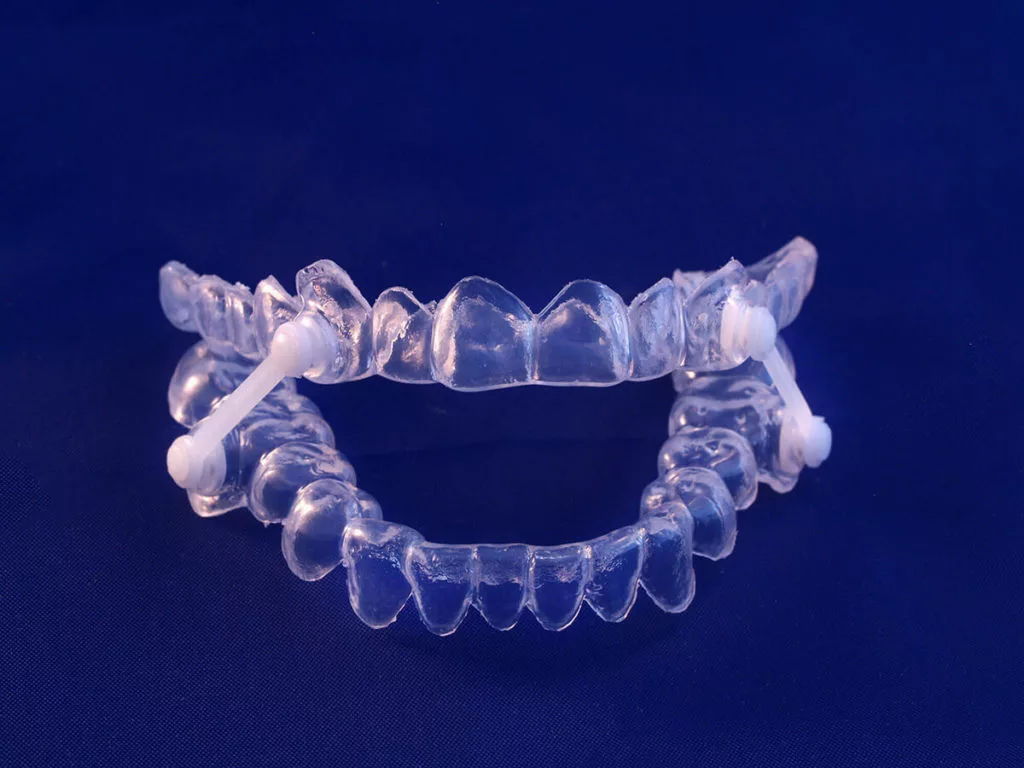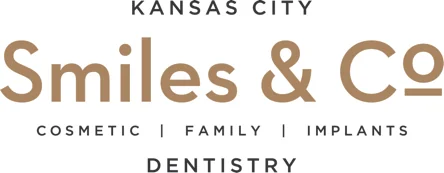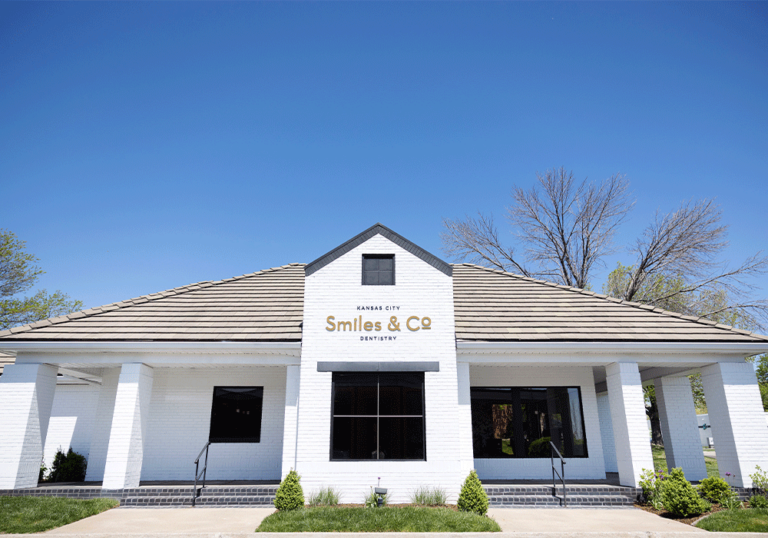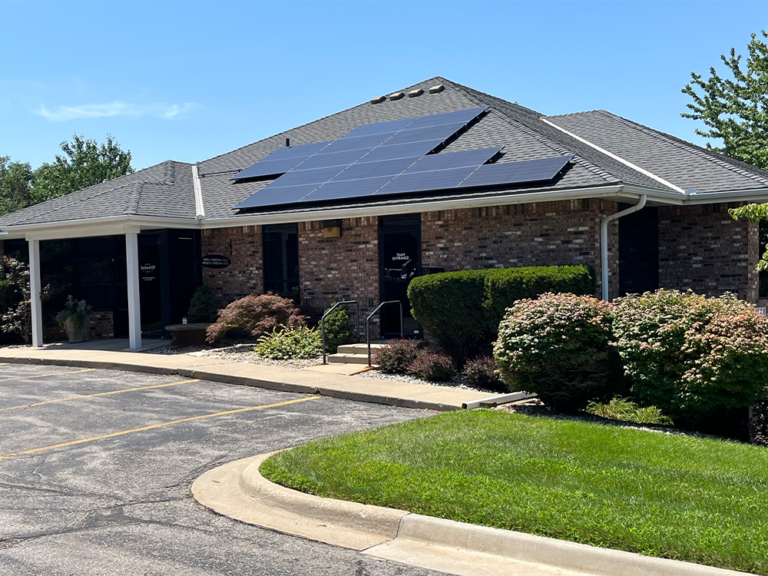Sleep Apnea
Sleep apnea is a breathing condition that should be taken very seriously because it can lead to other major health consequences. We provide effective treatment for many cases of sleep apnea to help you improve your health.
Sleep Apnea Treatment
Sleep apnea is a condition that causes you to experience frequent and recurring shortness of breath while sleeping. It can be caused by the individual’s throat becoming overly relaxed while sleeping which blocks the airways and prevents normal breathing. Signs of sleep apnea include poor sleeping habits, frequent sore throats, recurring headaches, and a general inability to get a restful night sleep. The risk of a heart attack is 23 times more likely than average with a sleep disorder, and 92% of stroke victims live unknowingly with this condition before an attack.
We offer oral appliances that comfortably help hold the jaw in a precise position throughout the night, allowing better oxygen flow. This is the least invasive treatment option and is often a good choice for the treatment of mild to moderate cases.

-
What is sleep apnea?
Sleep apnea is a sleep disorder where breathing repeatedly starts and stops. The lapses in breathing result in lower quality sleep and affects the body’s oxygen supply, which can result in serious health consequences.
-
How is sleep apnea diagnosed?
Sleep apnea is typically diagnosed using a polysomnogram, also known as a sleep study. This can be done at home or at a sleep disorder center. The test records activities that occur while you sleep, including: brain activity, breathing, and oxygen levels. It also measures how long you spend in each sleep stage, how frequently you wake up, if you stop breathing, if you snore, and body position.
After the sleep study, a specialist goes over the data from your test. They analyze your brain activity and body system functioning to diagnose if a sleep disorder is present and recommend treatment.
If recommended, a dentist trained in sleep medicine works with the specialist to treat obstructive sleep apnea with oral appliance therapy. Our office can provide you with a sleep apnea oral appliance, just contact us for a consultation.
-
What are common sleep apnea symptoms?
The most common symptoms of sleep apnea are:
- Very loud snoring
- Sleepiness and loss of energy when awake
- Painful headaches
- Restless sleep
- Insomnia and recurrent awakenings
- Waking up with a dry or sore throat
- Waking up in the night with gasping or choking sensations
- Sudden mood changes
- Poor concentration
- Going to the bathroom frequently at night
More Questions About Sleep Apnea?
If you have any questions about sleep apnea treatment, please contact one of our Missouri offices and we will be happy to discuss further! If you're ready to book your appointment, head over to our appointment portal using the button below.


